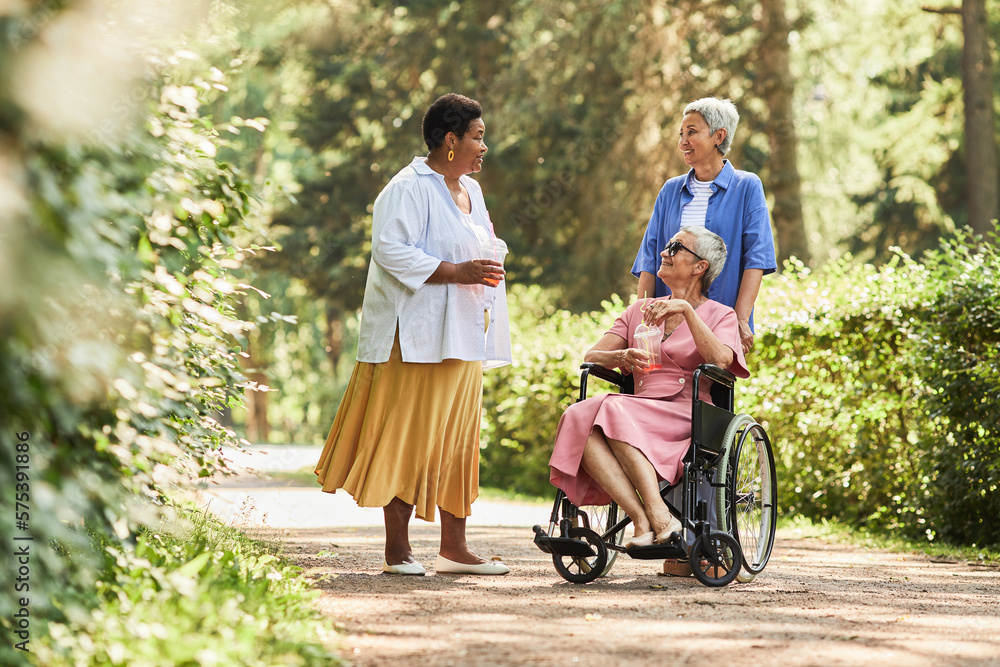Getting enough deep sleep is essential for everyone, especially as we age. Unfortunately, many seniors struggle with achieving restful sleep at night. Understanding how to increase deep sleep in elderly can improve overall health, mood, and quality of life. Before diving into effective strategies, let’s explore why deep sleep is so crucial for the elderly.

Importance of Deep Sleep in Seniors
Deep sleep plays a critical role in physical and mental restoration. During this phase, the body repairs tissues, builds bone and muscle, and strengthens the immune system. For seniors, achieving enough deep sleep can help maintain cognitive function and emotional well-being.
To learn more about the benefits of deep sleep, visit WebMD for detailed information.
Common Sleep Disorders in the Elderly
Insomnia
Insomnia is a prevalent issue among seniors and can significantly impact their ability to achieve deep sleep. It can result from stress, anxiety, or medical conditions.
Sleep Apnea
Sleep apnea involves interrupted breathing patterns during sleep. It affects the quality of sleep and can lead to daytime fatigue and other health problems.
Restless Leg Syndrome (RLS)
RLS is another common condition where seniors experience an irresistible urge to move their legs, often disrupting their sleep.
How to Increase Deep Sleep in Elderly: Practical Tips
Create a Sleep-Conducive Environment
An optimal sleeping environment is essential. Ensure the bedroom is dark, quiet, and at a comfortable temperature.
Maintain a Consistent Sleep Schedule
Encourage seniors to go to bed and wake up at the same time every day to regulate their internal body clock.
Regular Physical Activity
Engaging in regular physical activities like walking or light exercises can promote better sleep patterns. Learn more on enhancing appetite in seniors through activities.
Limit Caffeine and Alcohol Intake
Reducing the consumption of caffeine and alcohol, especially in the evenings, can improve sleep quality.
Dietary Considerations for Better Sleep
Consume Sleep-Enhancing Foods
Incorporate foods rich in melatonin, magnesium, and calcium, known to promote sleep.
Avoid Heavy Meals Before Bed
Encourage light dinners as large meals can interfere with sleep.
Utilize Relaxation Techniques
Meditation and Deep Breathing
Practices like meditation and deep breathing can reduce stress and prepare the mind for sleep.
Progressive Muscle Relaxation
This technique involves tensing and relaxing different muscle groups to promote relaxation and sleep readiness.
Considerations for Sleep Aids
While sleep aids might be tempting, it is crucial to consult a healthcare professional before using them. They can suggest the right options tailored to individual needs.
For more insights on medical advice, refer to the Lightspring Care blog.

Frequently Asked Questions
What is the best way to track sleep patterns in seniors?
Using sleep tracking devices or maintaining a sleep diary can help monitor sleep patterns effectively.
Are there specific exercises recommended for seniors to improve sleep?
Yes, exercises like walking, yoga, and tai chi are gentle and can aid in improving sleep for seniors.
Can dietary supplements help in improving deep sleep?
Some seniors may benefit from supplements like melatonin, but it’s essential to consult a healthcare professional first.
This article contains affiliate links. We may earn a commission at no extra cost to you.

